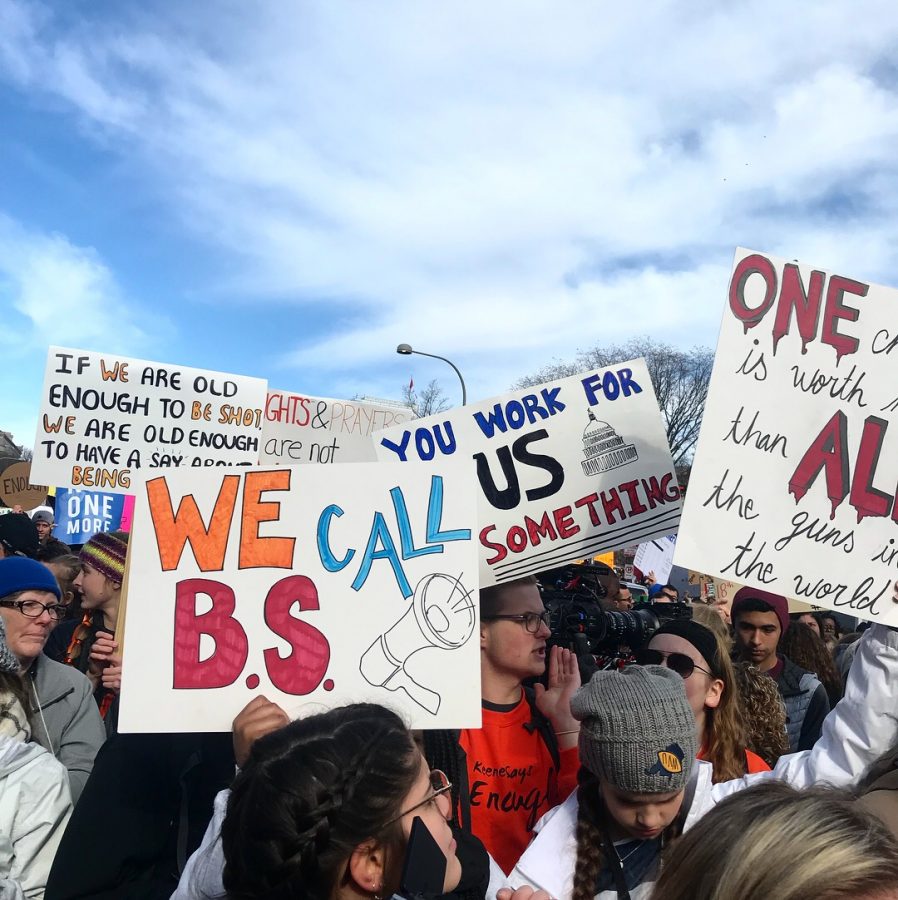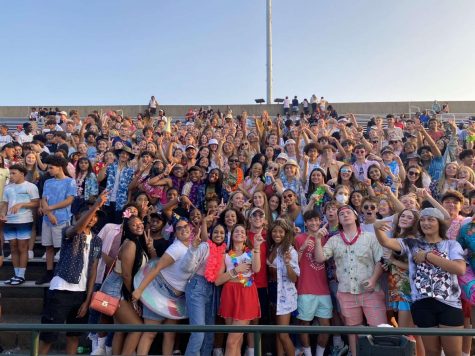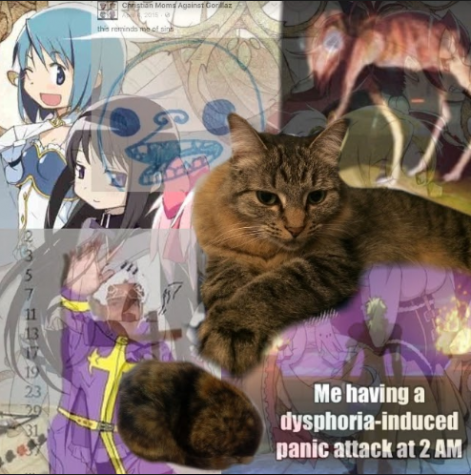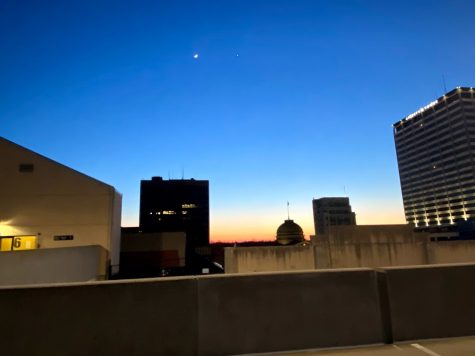Students Want to Use Voices But Censorship Remains
Washington D.C., March for Our Lives
In 1988, the Supreme Court of the United States decided that the freedom of the press granted by the First Amendment does not apply to students and student publications, in the Hazelwood V. Kuhlmeier decision. Thirty-one years later, this decision still stands. But, as students living in an increasingly politically polarized time, we are unwilling to remain complacent as our silencing persists. January 30th, national Student Press Freedom Day, the Student Press Law Center is encouraging students across the country to take part in activities from protests and marches to bake sales in order to challenge this reprehensible ruling. As student presses find their strength, laws are being implemented and legislation is being introduced across the country by New Voices, a, student-led movement advocating for journalistic protection. Indiana, however, has no New Voices legislation introduced, leaving the many student journalists at the mercy of administrators and censorship.
If nothing else, the one thing we have learned from the chaos and disarray of the past few years is that we need good journalism, and, as important, protection for good journalism. Everyday, thousands of stories are released, with impressive coverage ranging from the latest developments of the Mueller probe to the local South Bend Tribune’s investigative reporting involving the corruption of the Elkhart Police force. These stories, national and local, are necessary to sustain a country that prides itself on its democracy and its informed electorate. But look past the local news sources and you find the student publications, those that the First Amendment eludes: the Notre Dame Observer, the IU South Bend Preface, and our very own John Adams High School Tower.
As Student Press Freedom Day comes and goes, it is the perfect opportunity to both reflect on the past and hope for the future. Frankly, I find the Hazelwood decision disgraceful. If the first amendment is going to continuously be quoted and used as a testimony to American personal freedom, why are the youth of the country being excluded? Students have continually been an instrument of change for the United States: the Civil Rights Movement, the Anti-Apartheid movement, antiwar protests against Vietnam, and most recently the March for Our Lives are all examples of youth taking a forefront stance on the political stage. But still, youth journalists covering these world changing events are not always granted the platform to do so.
I feel immensely grateful to have the ability to cover the many crucial issues that arise at Adams, such as the two walkouts the students participated in last year and the constant question that plagues our corporation of teacher salaries. However, the censorship some face from administrators remains clear in my eyes, as one experience made it especially tangible. When I traveled to Washington, D.C. for the March for Our Lives I had the great opportunity to meet an immense variety of people. One of my most valued encounters was with two high school girls who live not far from my hometown of South Bend, in the Fort Wayne, IN area. They told me they wrote for their school paper, and we bonded over our shared experience. Then, I asked them if they were planning on covering the March, thinking the obvious answer was yes. But what they responded surprised me: apparently their principal would not allow them to cover such a “controversial” issue, despite its obvious newsworthy qualities.
The censorship of an issue because of its “controversial” attributes is a disgrace to even the notion of a free press. Journalism, in its capacity to inform, is supposed to inform completely. This does not mean omitting an issue or topic because it has opposition. I think we, as the youth of this country, have demonstrated our strength and power, our responsibility, and our awareness. We should not be kept silenced about the important and necessary conflicts of our lives, as the Hazelwood decision keeps some. We should, and we will, cover what needs covering, protest about what needs protesting, and change what needs changing.
Your donation will support the student journalists of The Tower and John Adams High School. Your contribution will allow us to purchase equipment and cover our annual website hosting costs.

Claire Stowe, an Adams senior, is Editor-in-Chief of The Tower, her second year with the position. She has covered a variety of topics as a reporter, including...








